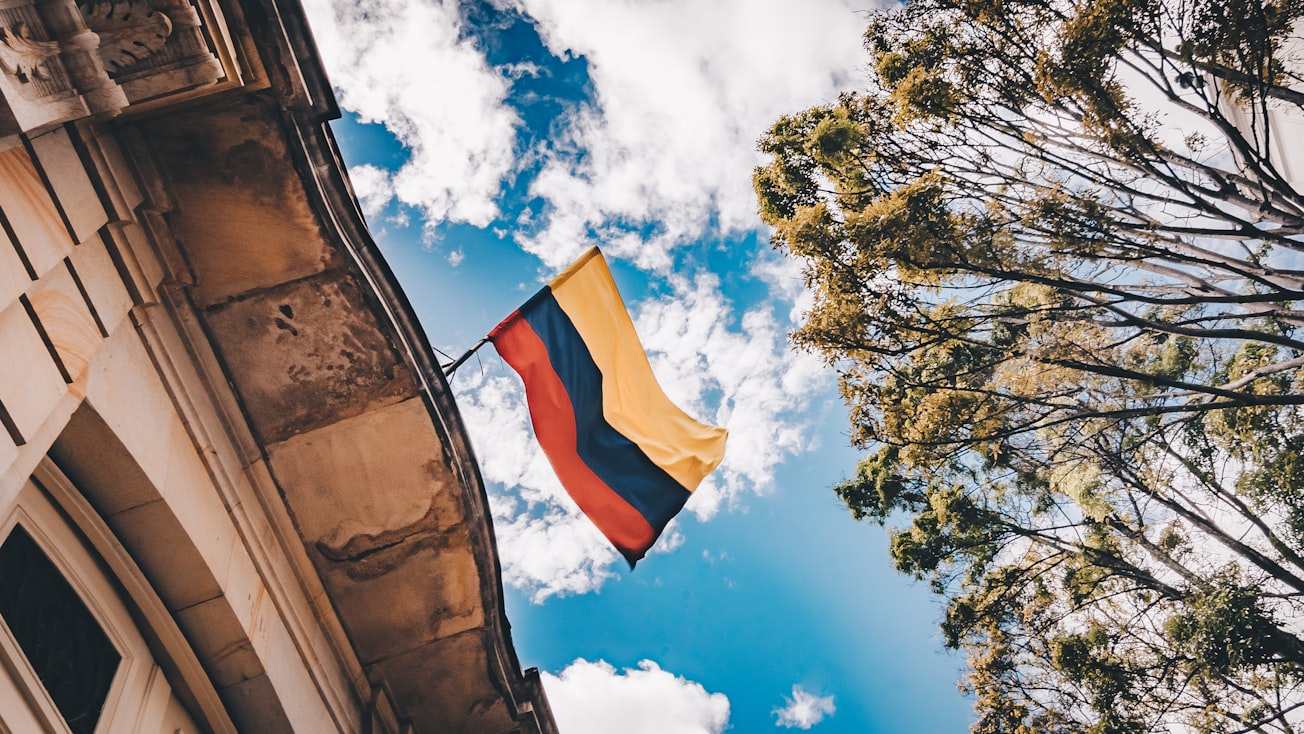What is it about?
In this study, we analyze the tactics deployed by Colombian women’s rights NGOs, movements, and advocacy groups to challenge masculinism in the peace negotiations between the Colombian government and the former Colombian guerrilla Revolutionary Armed Forces (FARC) held in Havana. By drawing on the literature on women’s participation in peace and transitional justice processes, the research assesses the presence of women in Colombia’s peace talks, the way women’s movements articulated their demands, the role of the sub-commission on gender, and the manner in which gender was introduced in the drafts of the peace agreement and in the document the parties to the negotiation signed in Cartagena in September 2016.
Featured Image

Photo by Flavia Carpio on Unsplash
Why is it important?
Our findings show how women's movements struggled to participate in the peace negotiations between the Colombian government and the FARC.
Perspectives
Writing this article was a great pleasure. I learned a lot by working with Lina Céspedes-Báez. It also makes me think about the importance of implementing the peace agreement between the Colombian government and the FARC.
Felipe Jaramillo Ruiz
Pontificia Universidad Javeriana
Read the Original
This page is a summary of: ‘Peace Without Women Does Not Go!’ Women’s Struggle for Inclusion in Colombia’s Peace Process with the FARC, Colombia Internacional, April 2018, Revistas Uniandes,
DOI: 10.7440/colombiaint94.2018.04.
You can read the full text:
Contributors
The following have contributed to this page







